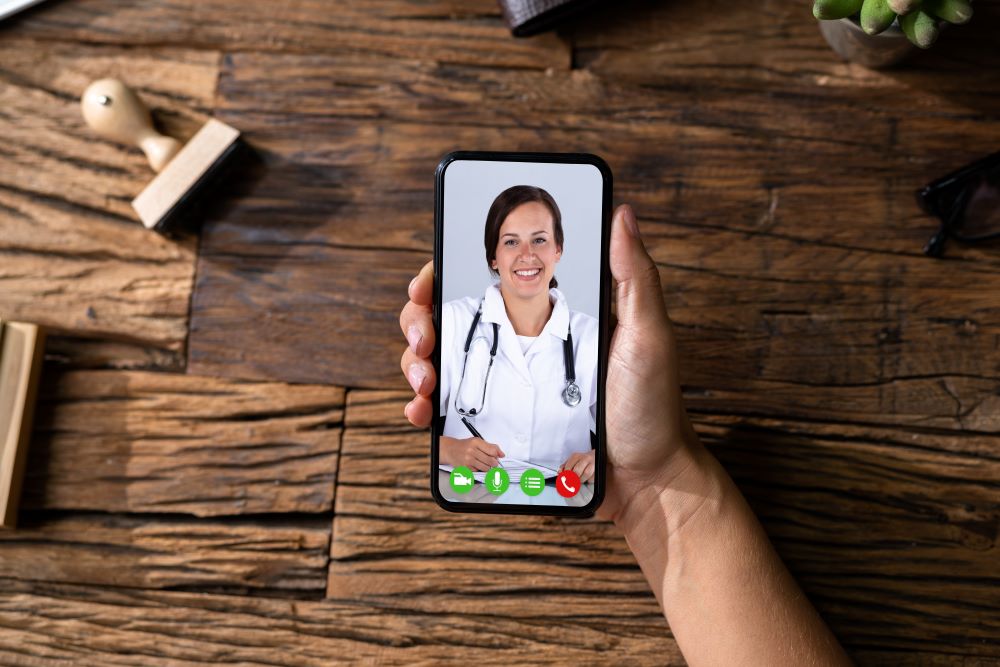At least 16 of the 20 largest public school districts in the United States now offer online mental health counseling for their students, according to an analysis by the Associated Press. The contracts for those school districts total more than $70 million.
The switch to online therapy is in response to the skyrocketing need for mental health services among students. According to a study published this spring by TimelyCare, 58% of college students received mental health care during their K-12 years.
Providing counselling via the internet also helps to address the lack of in-person counselors and psychologists on K-12 campuses. For example, Prince George’s County, Maryland currently has 44 counselor vacancies.
Online services are particularly helpful because they make therapy more accessible for rural schools and lower-income students. Privacy, when protected, is another benefit.
The issues that can be addressed via telemedicine appointments include bullying, friend “drama,” stress over grades, ADHD, feelings of sadness, anxiety, addiction, eating disorders, and more. Clients need a computer with a mic, speakers, and webcam. Or, they can use their smartphone or other devices that connect to the internet, such as tablets.
There are some lingering concerns about the qualifications of online therapists, their experience with children, and privacy protocols, reports AP. However, the service appears to be working. According to a 2022 study from BMC Psychology, “The online counselling intervention was almost as effective as face-to-face counselling intervention with respect to psychological distress.” However, the study also found that online therapy was not effective “in increasing life satisfaction.”
Some of the areas offering teletherapy for K-12 students include Los Angeles County, Hawaii, Clark County schools in Las Vegas, Nevada, Miami-Dade, Houston, New York City, and Prince George’s County in Maryland.
It’s not just K-12 school districts that are struggling to address the mental health issues of its students. So are colleges and universities. According to a recent survey by Inside Higher Ed, 65% of college presidents plan to increase their institution’s capacity to meet the mental health needs of students, staff, and faculty members.
Many are also turning to telemedicine. Earlier this year, the state of New Jersey partnered with a private firm to provide telehealth counseling services to college students in the state, reports NorthJersey.com. Ohio University and the University of Kentucky also offer online therapy, as does the University of Southern California (USC), which has been doing so since 2012.







